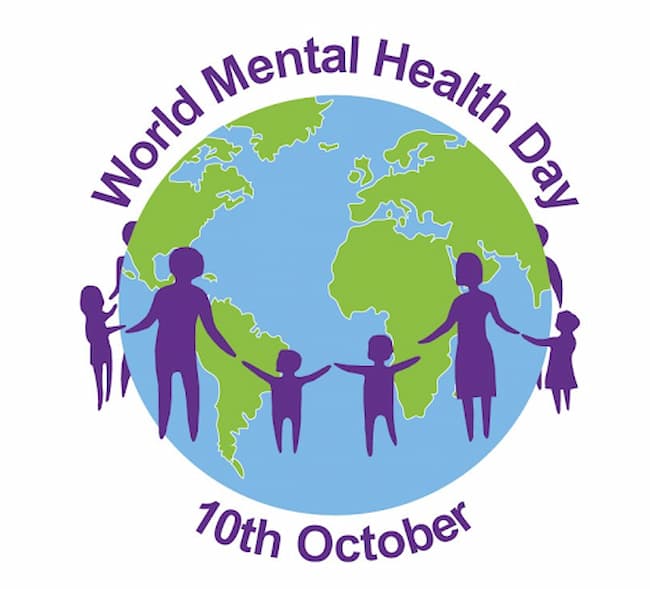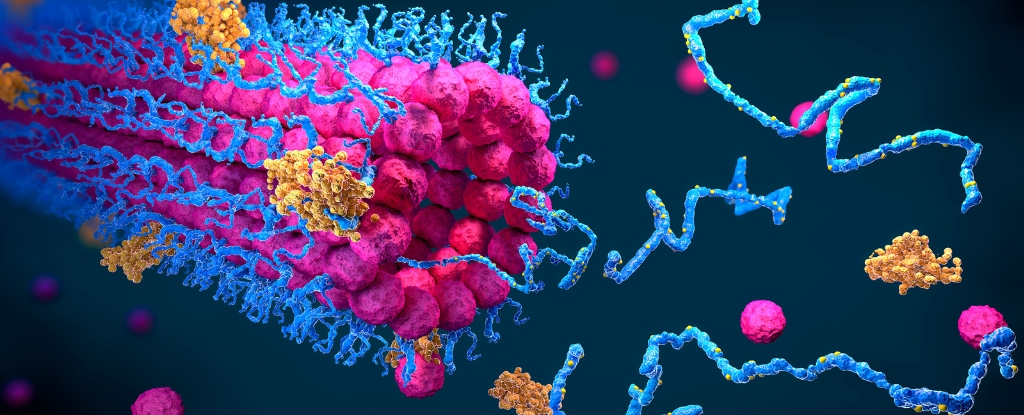Place your adverts here on InfoDig @ low rates; banner ads, sponsored links and guest articles etc. Contact us
…Increasing financial burden on families
A single in vitro fertilization (IVF) cycle in Nigeria now costs approximately N2.1 million ($2,730), reflecting a 250% increase from the 2019 range of N600,000 to N1.2 million.
This rise in price has made IVF less accessible, particularly for middle-income families.
With the average annual income hovering around N2 million ($2,600), the cost of a single IVF cycle exceeds a year’s salary for many, especially considering that multiple cycles are often necessary for success.
“There is a growing acceptance of assisted reproductive technologies among couples facing infertility challenges. while there have been recent efforts to create awareness, particularly in urban areas, much more needs to be done, especially in rural communities,” said Dr. Kemi Ailoje, Reproductive Endocrinologist and CEO of Lifelink Fertility.
According to findings from various fertility centre websites, Currently, two IVF cycles can cost around N3.8 million ($4,940), while three cycles may reach up to N5.6 million ($7,250). some clinics charge as much as N5.5 million for two fresh treatment cycles and up to N7.6 million for three, intensifying the financial burden on couples facing infertility.
As reported at a recent conference by the Association of Fertility and Reproductive Health of Nigeria, around 180 IVF clinics are now operating in the country, a significant increase from previous years.
However, the rising costs mean that many couples are left with limited options.
Nigeria’s Position in the Global IVF Market
When compared globally, Nigeria’s IVF pricing presents an interesting case. In the United States, IVF costs range from $14,000 to $20,000 (N20 million to N33.3 million) per cycle, while prices in the United Kingdom range from £5,000 to £8,000 (N4.6 million to N7.4 million). Turkey offers treatments starting at €1,700, with costs in Denmark and Spain hovering around €3,500 to €4,000.
The global IVF market is projected to grow significantly, increasing from a value of $27 billion in 2022 to an anticipated $37.4 billion by 2030, indicating a projected increase of $10.4 billion over the next eight years, according to a recent report by Grand View Research, Inc.
This substantial growth is fueled by a compound annual growth rate (CAGR) of 5.54% from 2024 to 2030 and is largely driven by a rising demand for fertility treatments as global fertility rates continue to decline.
Prof. Oladapo Ashiru, founder of the Medical Art Center and Secretary General of the International Federation of Fertility Societies, highlights the gravity of the situation. “Globally, one in six people faces fertility challenges, but in Nigeria, it’s even worse—one in four. Access to necessary care is a significant issue,” he states.
Approximately 35% of people who want to conceive may require assisted reproductive technology, according to Ashiru.
Ashiru notes that IVF has become a very useful health tool to solve reproductive health matters. Nigerians are coming into options of IVF, because the treatment provides a very critical solution for those who are not able to conceive naturally with ease.
“A lot of people are coming, not just from Nigeria, even from outside the country, Lot of people are coming from Europe and from America, Canada, North America, and also the West African zone. Why are these people coming? Because when you look at the exchange rate, they’ll find it still cheaper to do the treatment in Nigeria,”
“If somebody is getting 2 million, you could be worried about disarming what they’re doing. IVF now ranges from four to 5 million for a simple one. As at about the beginning of this year, whatever we pay to buy drugs are being multiplied by almost four times,” he said.
In vitro fertilization (IVF) is a medical procedure used to assist with conception and address infertility. During IVF, an egg is extracted from a woman’s ovaries and fertilized by sperm in a laboratory setting.
IVF is often recommended for individuals or couples facing various fertility issues, including blocked fallopian tubes, ovulation disorders, low sperm count, unexplained infertility, or genetic disorders. It has become a widely used and successful option for many aspiring parents.
The significant cost increase has made IVF even more inaccessible for the average Nigerian.
Fertility treatment is not covered by the majority of health insurance plans, and the government’s focus on reproductive health services tends to emphasize maternal and child health, leaving IVF as an expensive out-of-pocket option for those facing infertility challenges.
The Call for Government Intervention
- With fertility rates declining since the 1950s—when the average African family had five to six children—the trend poses significant challenges for the future. Ashiru warns that if this trend continues, Nigeria may face severe population replacement challenges by 2050.
- The significant increase in IVF costs has made it even more inaccessible for the average Nigerian, as most health insurance plans do not cover fertility treatments. Government focus on reproductive health services tends to prioritize maternal and child health, leaving IVF as an expensive out-of-pocket option for those in need.
The Journey to Parenthood: Personal Stories
Couples like Nkechi and Emmanuel, in their late 30s, are feeling the pressure to start a family. “After several failed attempts with natural methods, our doctor suggested IVF. Initially, the cost seemed overwhelming—between N4 million to N5 million at reputable clinics,” Nkechi recalls.
Another couple, Josephine and her husband, faced secondary infertility after multiple miscarriages. “Although I had a child years ago, conceiving again became increasingly difficult. The high cost and social stigma around IVF made us hesitant, but we knew modern medicine could help,” she shares.
“Factors contributing to the rising infertility rates in Nigeria, are more pronounced, especially in women. Lack of information and access to good healthcare, poorly managed STDs, and delays in starting families due to career pursuits play significant roles,” Ailoje explains.
She also points to economic factors delaying marriage and advanced maternal age, which can result in lower ovarian reserves.
“Additionally, environmental pollutants, toxins, and occupational hazards are increasingly becoming concerns.















 English (US) ·
English (US) ·